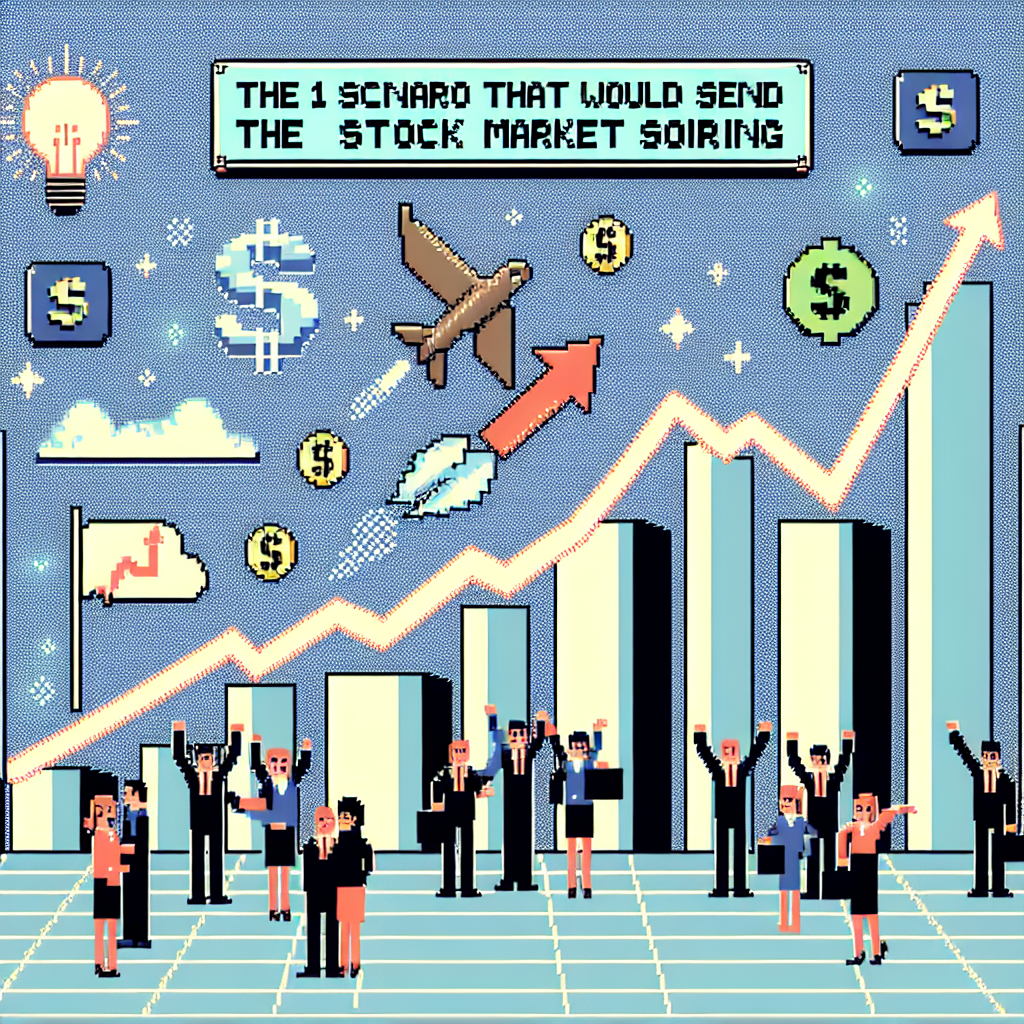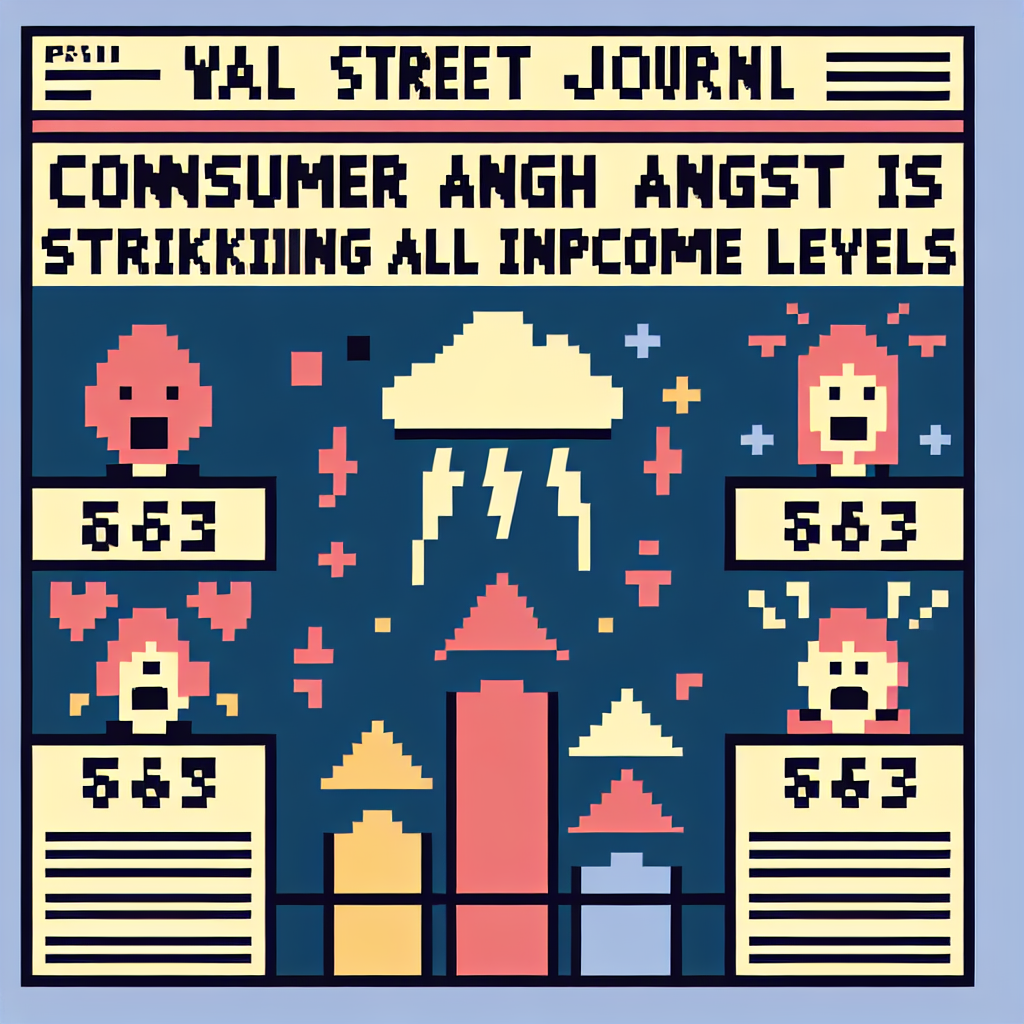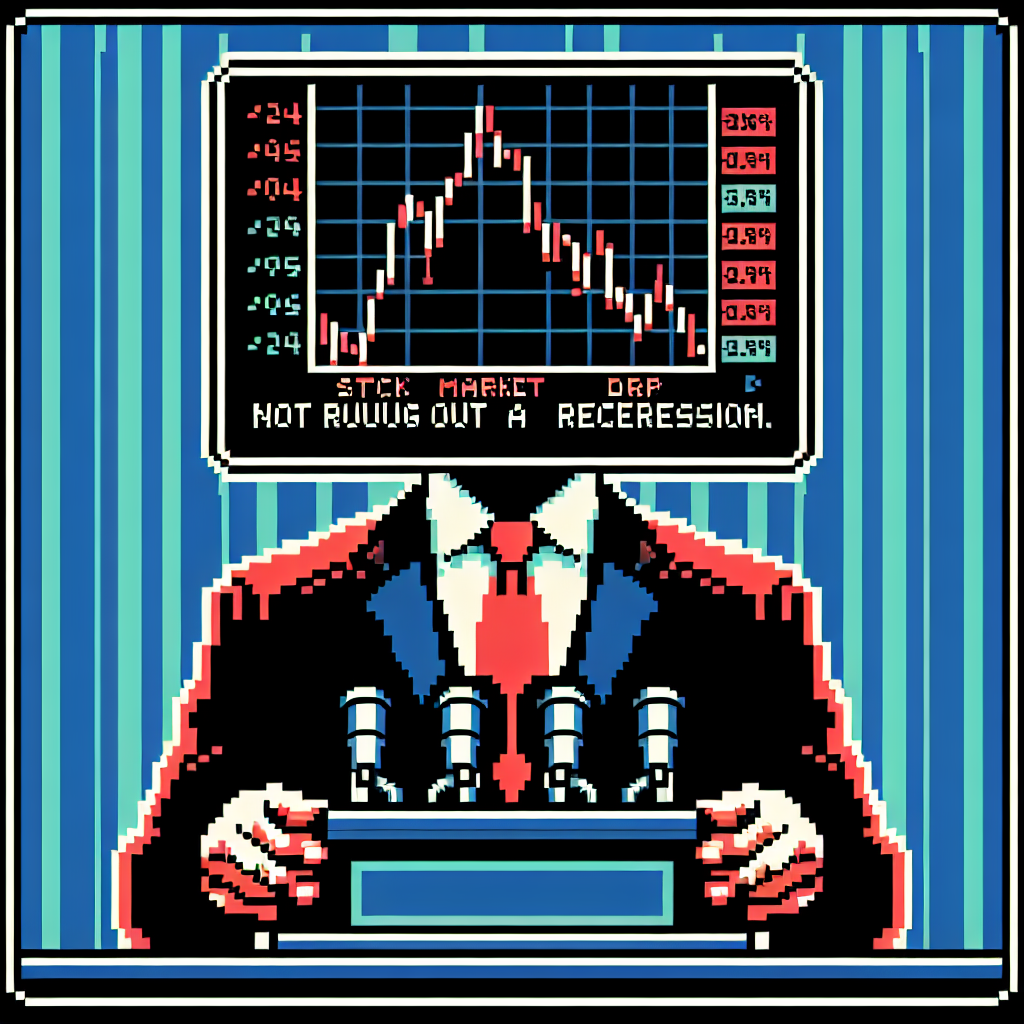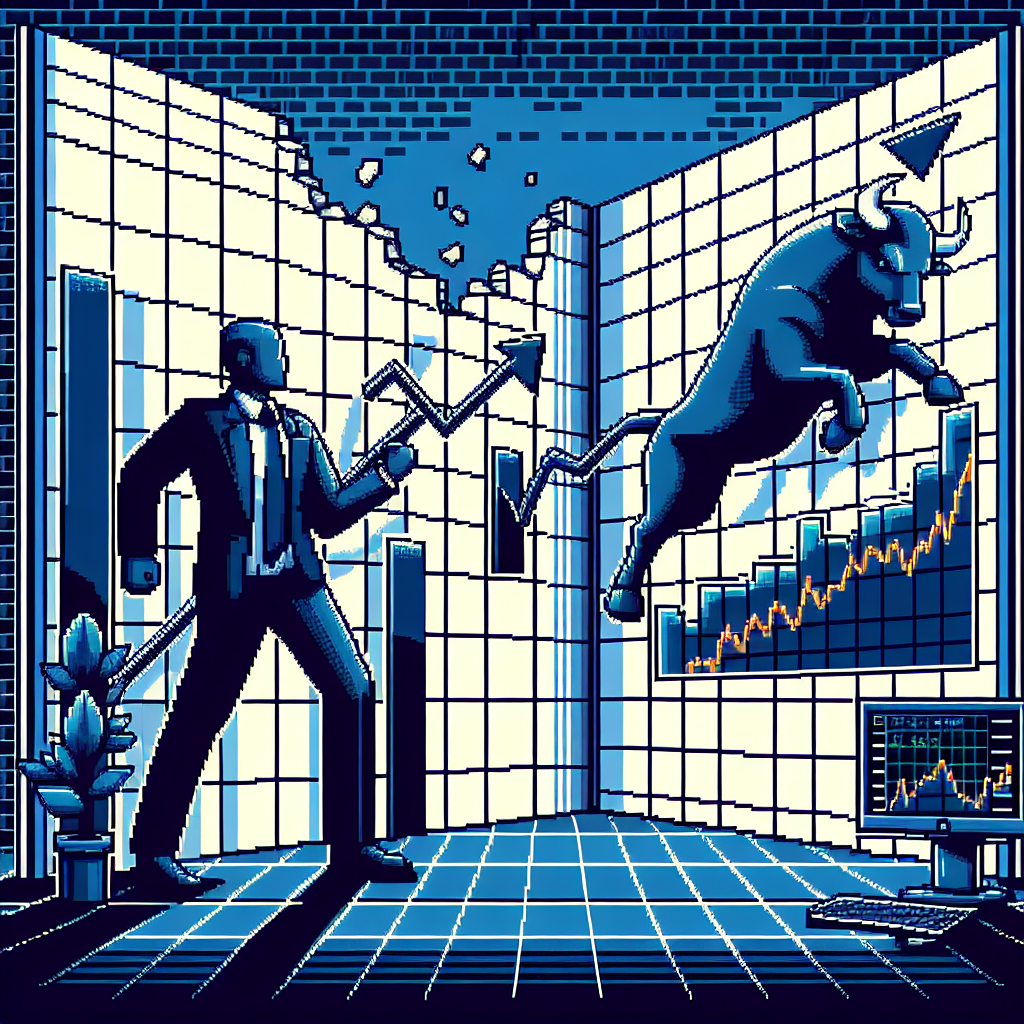Bitcoin drops Sunday evening as cryptocurrencies join global market rout - CNBC | Analysis by Brian Moineau
Title: Bitcoin's Rollercoaster Ride: A Global Market Dance
In the world of cryptocurrencies, the only constant is change. This Sunday evening, Bitcoin decided to join the broader market's dance of volatility, dipping alongside global markets in a move that reminded investors: even the king of crypto isn't immune to the world's financial ebbs and flows.
A Week of Defiance
Just last week, Bitcoin seemed to be living in its own universe. While traditional markets experienced a meltdown, Bitcoin stood defiant, maintaining its ground above the $80,000 mark and even ending the week on a high note. It was as if Bitcoin was saying, "I march to the beat of my own drum."
This resilience was not entirely unexpected. Bitcoin's role as "digital gold" often sees it acting as a hedge against traditional market chaos. However, this time the global market forces proved too strong, pulling Bitcoin into their whirlwind.
The Global Ripple Effect
The crypto market's Sunday dip was not an isolated incident. It was part of a larger narrative where global financial markets were reacting to various geopolitical tensions, economic reports, and shifting investor sentiments. For instance, concerns about rising inflation, fluctuating interest rates, and geopolitical uncertainties have been causing ripples across financial markets worldwide.
Looking beyond the crypto world, this scenario resonates with the current global economic climate. For example, in response to inflationary pressures, central banks worldwide are tweaking their monetary policies, creating a knock-on effect that transcends national borders and asset classes.
Crypto's Place in the Financial Ecosystem
Bitcoin's recent movements highlight the increasingly complex relationship between cryptocurrencies and traditional financial systems. Once considered a fringe asset, cryptocurrencies now play a significant role in the global financial ecosystem. This evolution is evident as institutional investors, who once turned a skeptical eye toward digital currencies, now actively participate in the market.
Moreover, Bitcoin's dip serves as a reminder of the inherent volatility of cryptocurrencies. It's a market where fortunes can be made or lost in the blink of an eye. This rollercoaster nature is both a draw and a deterrent for different types of investors. For some, it's an opportunity for high-risk, high-reward speculation. For others, it's a nerve-wracking ride they're keen to avoid.
A Broader Perspective
This recent dip also coincides with other significant global developments. For instance, the push towards more sustainable and green technologies has influenced market dynamics, including the energy-intensive world of Bitcoin mining. As environmental concerns grow, the crypto community faces increasing pressure to adopt more sustainable practices, potentially influencing market perceptions and prices.
Additionally, regulatory developments worldwide continue to shape the crypto landscape. Countries are grappling with how to regulate this digital frontier, balancing innovation with consumer protection. Each new regulation can send shockwaves through the market, impacting prices and investor confidence.
Final Thoughts
As Bitcoin and other cryptocurrencies continue to weave in and out of the global market's complex tapestry, one thing is certain: the world of digital currency is as dynamic and unpredictable as ever. For investors, enthusiasts, and casual observers alike, this unpredictability is part of the allure.
In a world where change is the only constant, the key is to stay informed, adaptable, and perhaps a little bit adventurous. After all, in the grand dance of global finance, even the smallest steps can create waves. So, whether you're a seasoned investor or a curious onlooker, keep your eyes on the horizon—because in the world of cryptocurrencies, the next big move is always just around the corner.
Read more about AI in Business






